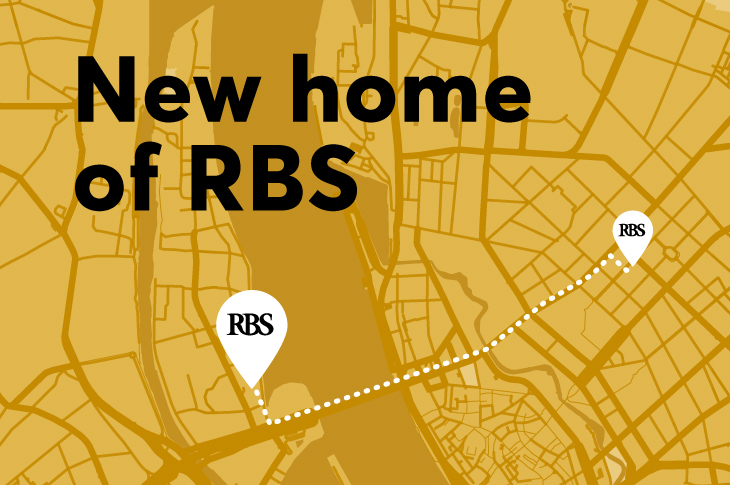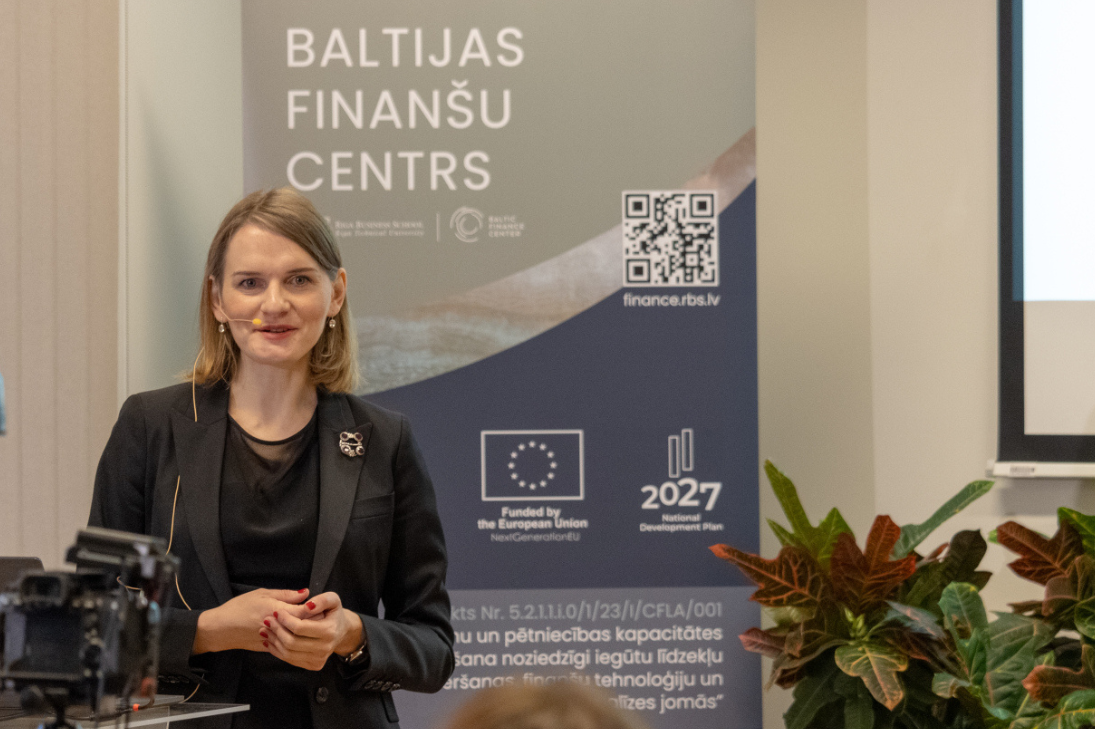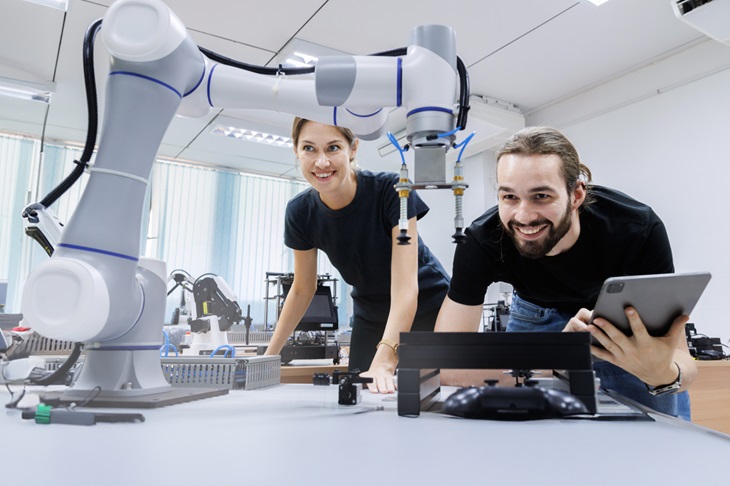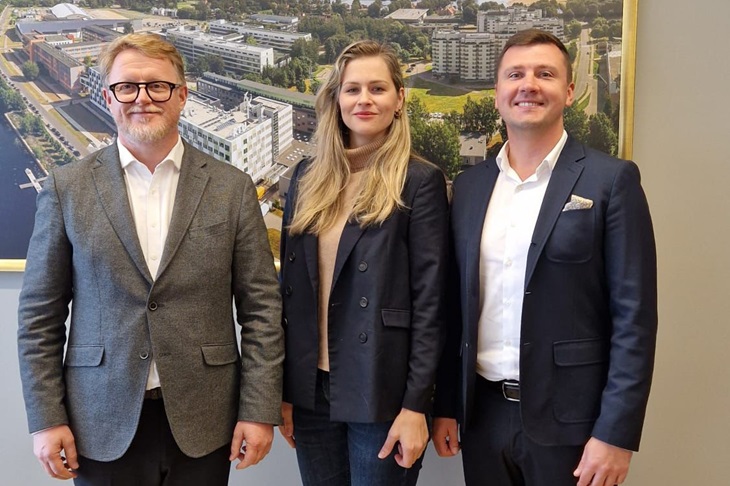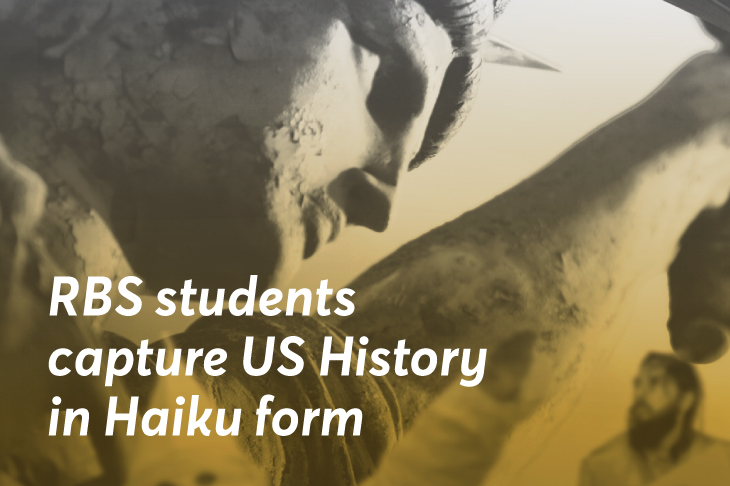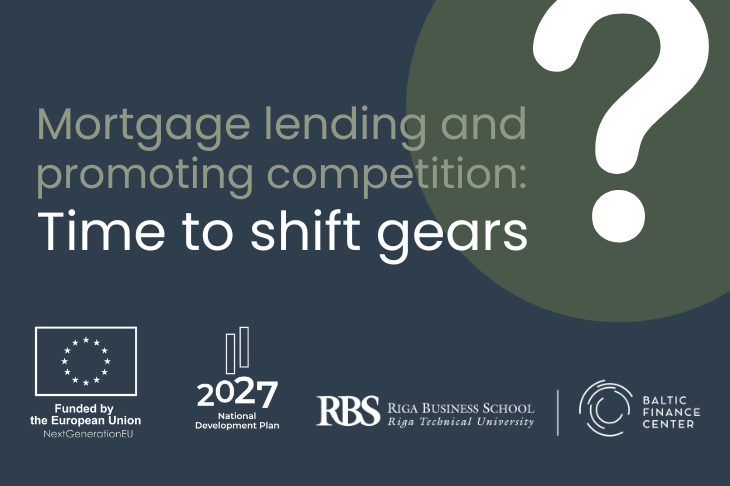Today, we often hear provocative questions about whether education in the form we are used to it still has meaning and value. The provocative question is influenced by a rapidly changing business environment, a constantly evolving technological landscape, new types of risks. Questions about the ability of traditional education and teaching to keep up with these changes and to provide knowledge and experience that is ahead of its time are therefore legitimate. These pressures are leading to a panic search for new knowledge about what is happening in order to understand how best to manage these changes. But is there anything in life that can be learned quickly? To acquire information, yes, but to turn information into knowledge and experience, hardly!
It’s clear that information on every topic is more accessible than ever. Today, you can try to find a quick explanation for every question on the web. It is up to the information seeker to decide whether the information is suitable for his or her situation. As a result, there is no reason to complain about a lack of knowledge from publicly available information. At the same time, the question arises: are we able to transfer knowledge to create solutions or to put knowledge to use? And this is something that, with rare exceptions, people do not learn from books. Nor from blogs, podcasts, and the depths of the internet. These are all valuable prompts for thought and exploration, but they are often fleeting, like a flame after the rain.
Learning takes time and a system
True, deep learning requires time, repetition, and like-minded people to discuss experiences and learn from their mistakes and insights, often even more than from our own. It requires someone who purposefully guides us through this route to a new level of competence. A level where we not only know but also act according to what we know.
Today’s and tomorrow’s leaders are on a narrow path between humanity and technology. The world is dominated by extremes, from near 100% reliance on technology to its denial and the invocation of a “matrix” apocalypse. The challenge for leaders is to guide us wisely through the opportunities and temptations, towards a place where technology complements our human capabilities but does not threaten human existence.
I work as a human resources expert in a multinational company and I am also a lecturer at Riga Business School. I see the business challenges in my company on a daily basis, and I also follow HR and leadership issues on an academic level while meeting with Master’s students in lectures where we discuss leadership and HR issues with high-level experts and managers. As a lecturer and practitioner, I am now raising the issues of systematic knowledge, its practice, and the evaluation of its application more than ever before. I do this because “bare” knowledge without experience, stories, and discussions about the application of knowledge and situational analysis does not bring lasting value. To know is not to have the courage to do.
Learning as a habit and a cornerstone of competence
With the rapid development of artificial intelligence and technology, we are increasingly aware that human-centered, authentic leadership is becoming a rare and valuable phenomenon. That’s why, for example, the journey of the Executive MBA (a master’s program where we work hand-in-hand with business leaders from different fields over two years) is not just about learning, but also about how each student becomes a kind of beacon, a ray of light that inspires and shows the way to others in an increasingly automated world.
Learning to lead is a gradual process that cannot be rushed. Developing the in-depth and multifaceted skills needed for effective leadership takes time, consistent effort and a support network of like-minded people. Just as learning to play a musical instrument, becoming a professional athlete, building a skyscraper or preparing a delicious meal takes time and dedication, becoming an effective leader takes time and perseverance.
In a study on behavioral influences, How Are Habits Formed: Modelling Habit Formation in the Real World (Lally, P., van Jaarsveld, C. H. M., Potts, H. W. W., & Wardle, J., 2010), the authors found that on average it takes about 66 days for a relatively simple new behavior to become automatic. Simpler behaviors, such as drinking a glass of water, build habits faster than more complex behaviors (e.g. 50 squats every day). Compared to these simple examples, we can imagine how complex leadership behaviors are and why they take much longer to change effectively and last.
This study also highlights the importance of context and environment in shaping habits. I go back to an example from my teaching practice. For example, the Executive MBA format provides this context for reinforcing desired leadership competencies, just as running shoes by the bed help you remember to run in the morning or a glass of water on the table will remind you to drink water.
Experiential learning
It is not only important for leaders of organizations to have a good understanding of finance, marketing or strategy. It is important to manage the whole spectrum and to fuse this knowledge into a single picture where people are the most important element. The business model is only half of business success. The other half has the right people and processes in place to attract and retain the right talent and to provide an environment in which these talented individuals can and want to be as productive as possible.
The world is changing fast and the old models no longer work. Peer networks and experiential learning are critical elements. World-class business leaders also practice continuous learning from each other through various networking events and exclusive meeting formats. At the executive level, academic knowledge on the part of the trainer is no longer enough – trainers must be able to demonstrate the application of knowledge in practical business management experience.
In my daily life as a lecturer and as part of the Executive MBA team, I see that the Executive MBA program trains another critical competency in every aspect of life and business in today’s world – resilience, helping participants to develop the ability to cope with challenges while remaining optimistic and proactive. A quality leadership journey cannot be realized in a few days, weeks, or even a few months. The Riga Business School Executive MBA program lasts 20 months, during which participants get to know themselves in depth and learn up-to-date and effective methods for working with teams and the organization as a whole.
As an experienced HR function leader in different sectors, it is important to me how leaders balance short-term and long-term learning, because each form of learning strengthens a different leadership and skills muscle. Leaders never stop learning – from their mistakes, with and from other thought leaders, and from their teams.
Daiga Ergle, Lecturer at Riga Business School (RTU), HR Director at The Customization Group


